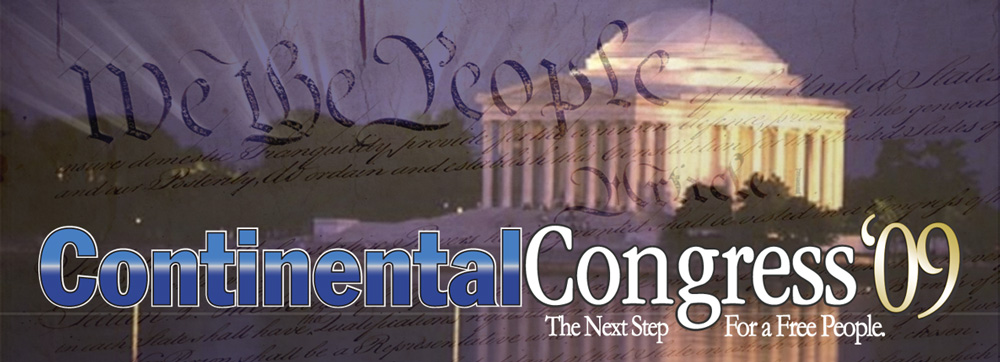Because the federal judiciary dismisses for “lack of standing” or “lack of jurisdiction” those Petitions by citizens who seek to remedy violations of the Constitution by public officials, the Congress of the United States shall adopt legislation to amend the Federal Rules of Civil Procedure and the Federal Rules of Criminal Procedure:
1. affirming the jurisdiction of all federal courts to hear challenges to the Constitutionality of any action by any state or federal public official, elected or appointed, or agency or department; and
2. to prohibit any and all federal courts from denying standing to any individual to challenge the Constitutionality of any action by any state or federal public officials, elected or appointed; and
3. to assure that any state or federal judge who violates the Rule related to paragraph “1” or “2” above shall be deemed to have violated his or her Oath of Office and shall be removed from office in accordance with existing Rules and disqualified from holding public office thereafter, and
4. defining the meaning of the word “proper,” within the context of the first paragraph above, as follows:
The term “Petition” is not defined in the Constitution. To be sure, a communication, to be protected as a Petition to the Government for Redress of Grievances would have to embody certain components to ensure that the document was a Petition and not a “pretended petition.” Not all communications, nor just any document, can be regarded as a Constitutionally-protected Petition for Redress of Grievances. Petitions for Redress that qualify for protection by the First Amendment include Petitions to remedy violations of the Constitution, which:
- are serious and documented, not frivolous;
- contain no falsehoods;
- are not absent probable cause;
- have the quality of a dispute;
- come from a person outside of the formal political culture;
- contain both a “direction” and a “demand” for relief;
- have been punctilious (meaning, it follows formatting conventions);
- address public, collective grievances;
- involve Constitutional Principles;
- have been signed only or primarily by citizens;
- have been dignified (meaning authenticated);
- have widespread participation and consequences;
- are instruments of deliberation not agitation;
- prove new information;
- do not advocate violence or crime.
